详细说明
Species Reactivity
Human
Specificity
Detects human BTK when phosphorylated at Y551.
Source
Monoclonal Mouse IgG 2A Clone # 797837
Purification
Protein A or G purified from hybridoma culture supernatant
Immunogen
Phosphopeptide containing the human BTK Y551 site
Formulation
Lyophilized from a 0.2 μm filtered solution in PBS with Trehalose. *Small pack size (SP) is supplied as a 0.2 µm filtered solution in PBS.
Label
Unconjugated
Applications
Recommended
ConcentrationSample
Western Blot
1 µg/mL
See below
Simple Western
20 µg/mL
See below
Please Note: Optimal dilutions should be determined by each laboratory for each application. are available in the Technical Information section on our website.
Data Examples
Western Blot | Detection of Human Phospho-BTK (Y551) by Western Blot. Western blot shows lysates of RL human non-Hodgkin's lymphoma B cell line and Ramos human Burkitt's lymphoma cell line untreated (-) or treated (+) with 0.1 mM Pervanadate (PV) for 10 minutes and 12 µg/mL Goat Anti-Human IgM μ Chain Antigen Affinity-purified Polyclonal Antibody (Catalog # ) for 2 minutes. PVDF membrane was probed with 1 µg/mL of Mouse Anti-Human Phospho-BTK (Y551) Monoclonal Antibody (Catalog # MAB7659) followed by HRP-conjugated Anti-Mouse IgG Secondary Antibody (Catalog # ). A specific band was detected for Phospho-BTK (Y551) at approximately 75 kDa (as indicated). This experiment was conducted under reducing conditions and using . |
Simple Western | Detection of Human Phospho-BTK (Y551) by Simple WesternTM. Simple Western lane view shows lysates of Ramos human Burkitt's lymphoma cell line untreated (-) or treated (+) with ultraviolet light (UV), loaded at 0.2 mg/mL. A specific band was detected for Phospho-BTK (Y551) at approximately 89 kDa (as indicated) using 20 µg/mL of Mouse Anti-Human Phospho-BTK (Y551) Monoclonal Antibody (Catalog # MAB7659). This experiment was conducted under reducing conditions and using the 12-230 kDa separation system. |
Preparation and Storage
Reconstitution
Sterile PBS to a final concentration of 0.5 mg/mL.
Shipping
The product is shipped at ambient temperature. Upon receipt, store it immediately at the temperature recommended below. *Small pack size (SP) is shipped with polar packs. Upon receipt, store it immediately at -20 to -70 °C
Stability & Storage
Use a manual defrost freezer and avoid repeated freeze-thaw cycles.
12 months from date of receipt, -20 to -70 °C as supplied.
1 month, 2 to 8 °C under sterile conditions after reconstitution.
6 months, -20 to -70 °C under sterile conditions after reconstitution.
Background: BTK
Bruton tyrosine kinase (Btk) is a 75 kDa cytoplasmic protein tyrosine kinase that is widely expressed in hematopoietic cells. Btk is required for B cell receptor signaling and B cell development. Defects in Btk result in X-linked agammaglobulinemia which is characterized by a severely decreased level of circulating antibodies. Like other Tec family kinases, Btk contains a Pleckstrin homology domain, a Tec homology domain, an SH3 domain, an SH2 domain, and a protein kinase domain. Association of the Btk SH2 domain with the B cell linker protein (BLNK) is required for the activation of PLCg by Btk. Btk can be activated by Lyn or Syk phosphorylation of Tyr551 within the catalytic domain. Within aa 546 - 556, human Btk shares 100% aa sequence identity with mouse and rat Btk.
Long Name:
Bruton Agammaglobulinemia Tyrosine Kinase
Entrez Gene IDs:
695 (Human)
Alternate Names:
Agammaglobulinaemia tyrosine kinase; AGMX1; AGMX1MGC126262; AT; ATKIMD1; B-cell progenitor kinase; BPK; Bruton agammaglobulinemia tyrosine kinase; Bruton tyrosine kinase; BTK; dominant-negative kinase-deficient Brutons tyrosine kinase; EC 2.7.10; EC 2.7.10.2; IMD1; PSCTK1; tyrosine-protein kinase BTK; XLA; XLAMGC126261







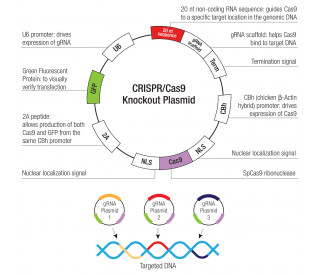
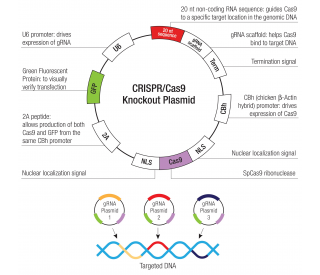
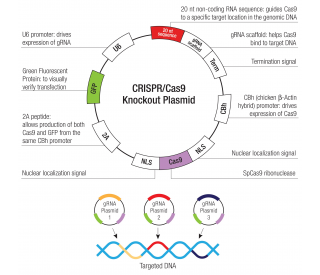
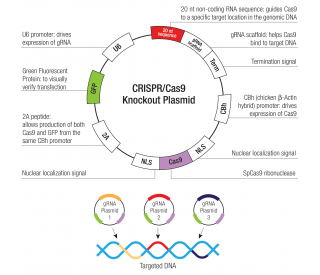
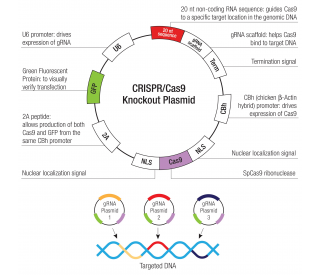
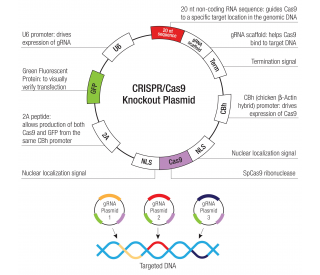



 粤公网安备44196802000105号
粤公网安备44196802000105号